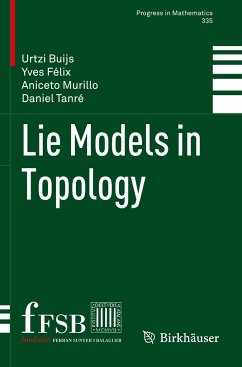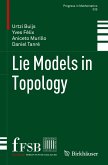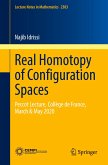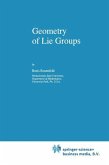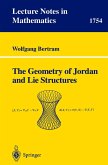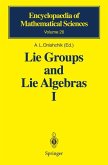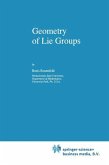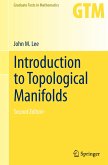Since the birth of rational homotopy theory, the possibility of extending the Quillen approach - in terms of Lie algebras - to a more general category of spaces, including the non-simply connected case, has been a challenge for the algebraic topologist community. Despite the clear Eckmann-Hilton duality between Quillen and Sullivan treatments, the simplicity in the realization of algebraic structures in the latter contrasts with the complexity required by the Lie algebra version.
In this book, the authors develop new tools to address these problems. Working with complete Lie algebras, they construct, in a combinatorial way, a cosimplicial Lie model for the standard simplices. This is a key object, which allows the definition of a new model and realization functors that turn out to be homotopically equivalent to the classical Quillen functors in the simply connected case. With this, the authors open new avenues for solving old problems and posing new questions.
This monograph is the winner of the 2020 Ferran Sunyer i Balaguer Prize, a prestigious award for books of expository nature presenting the latest developments in an active area of research in mathematics.
In this book, the authors develop new tools to address these problems. Working with complete Lie algebras, they construct, in a combinatorial way, a cosimplicial Lie model for the standard simplices. This is a key object, which allows the definition of a new model and realization functors that turn out to be homotopically equivalent to the classical Quillen functors in the simply connected case. With this, the authors open new avenues for solving old problems and posing new questions.
This monograph is the winner of the 2020 Ferran Sunyer i Balaguer Prize, a prestigious award for books of expository nature presenting the latest developments in an active area of research in mathematics.
"This research monograph presents a major breakthrough by the authors in rational homotopy theory. Solving a hard classical problem, to be explained next, the book provides new tools and methods, and poses intriguing new questions. The major contribution is a new approach to the rational homotopy theory of arbitrary topological spaces and simplicial sets (not necessarily 1-connected, nilpotent, or even connected) by using complete differential graded Lie Q-algebras whose underlying complexes are potentially unbounded (cDGLs, henceforth)." (José M. Moreno-Fernández, Mathematical Reviews, May, 2022)
"The book is a timely and authoritative treatment of exciting breakthroughs and powerful techniques in homotopytheory. It will surely become a standard reference in the field." (Samuel Smith, zbMATH 1469.55001, 2021)
"It is likely that modern topology graduate students have the background needed to appreciate the efficacy and sheer beauty of this whole approach to Lie models, so it would certainly be appropriate (and recommended!) for advanced courses and seminars." (John Oprea, MAA Reviews, July 18, 2021)
"The book is a timely and authoritative treatment of exciting breakthroughs and powerful techniques in homotopytheory. It will surely become a standard reference in the field." (Samuel Smith, zbMATH 1469.55001, 2021)
"It is likely that modern topology graduate students have the background needed to appreciate the efficacy and sheer beauty of this whole approach to Lie models, so it would certainly be appropriate (and recommended!) for advanced courses and seminars." (John Oprea, MAA Reviews, July 18, 2021)

